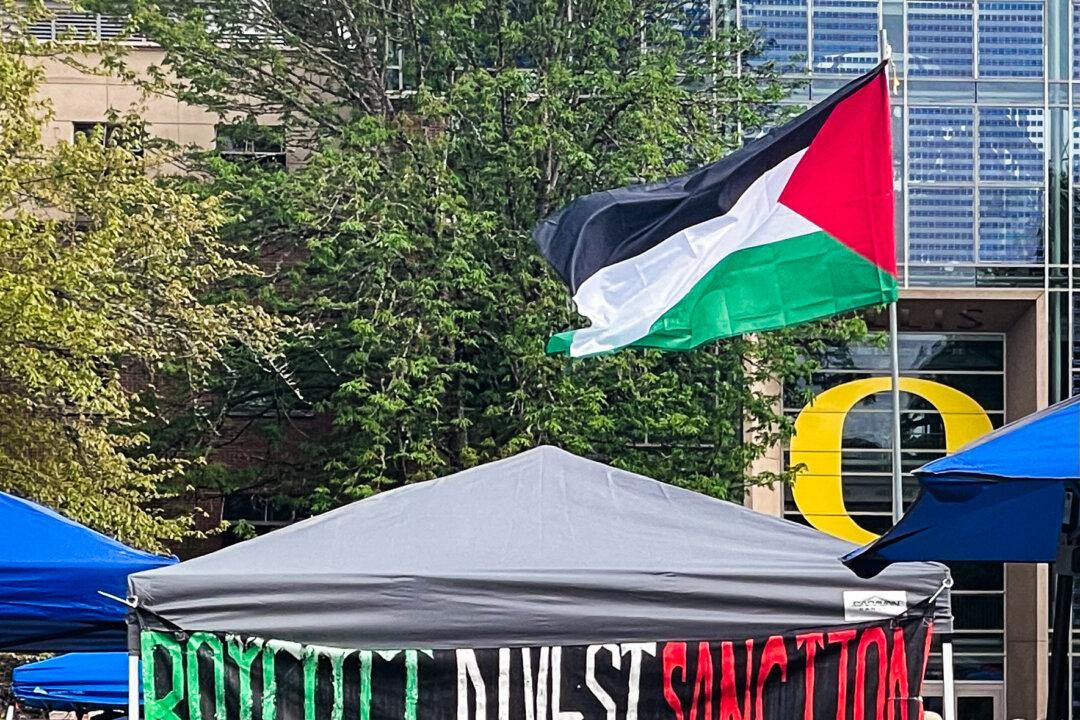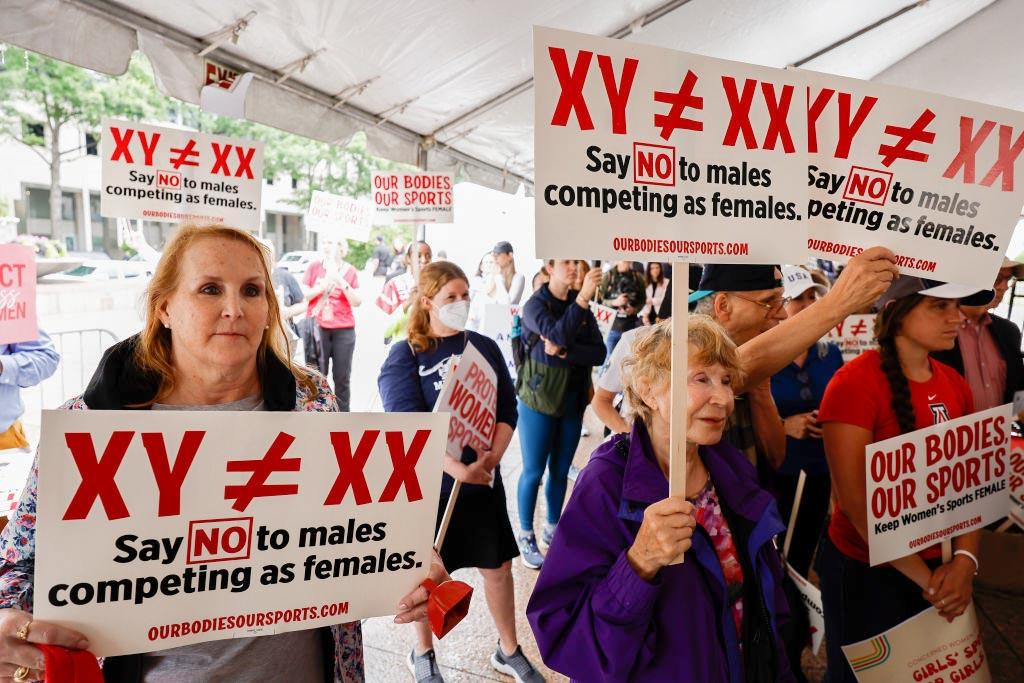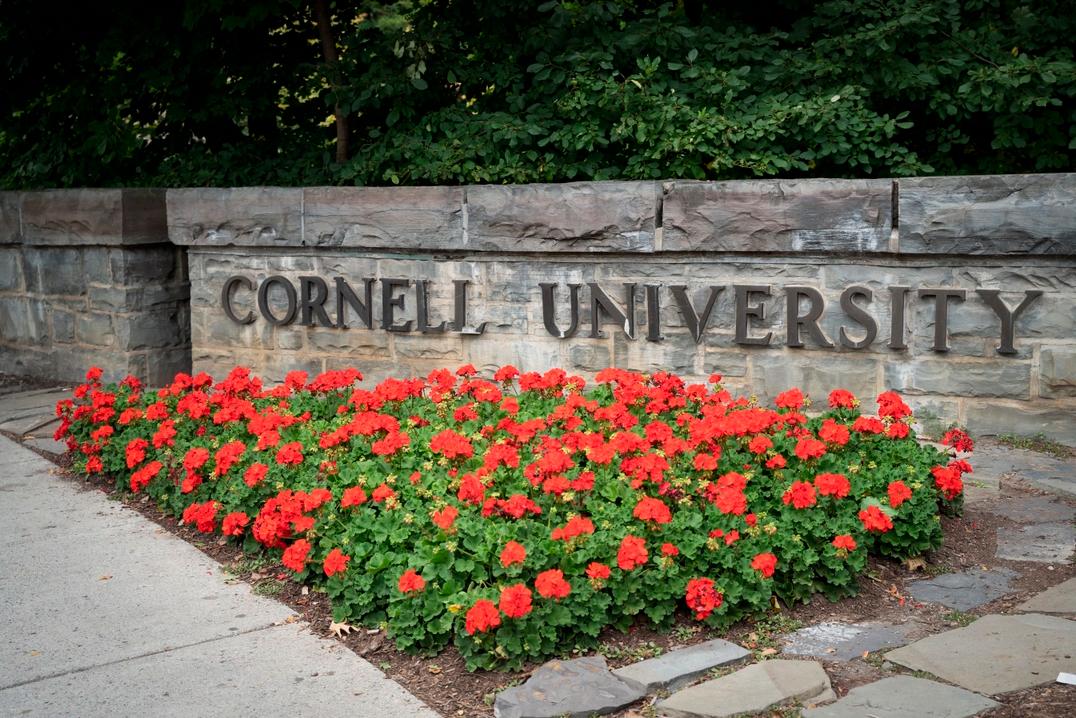Student activists in Oregon have joined dozens of colleges across the nation is setting up pro-Palestinian encampments in recent days.
Protesters at Portland State University (PSU) and the University of Oregon (UO) cite a list of demands, including boycotting Israel and divesting from weapons manufacturers and companies with ties to Israel.





